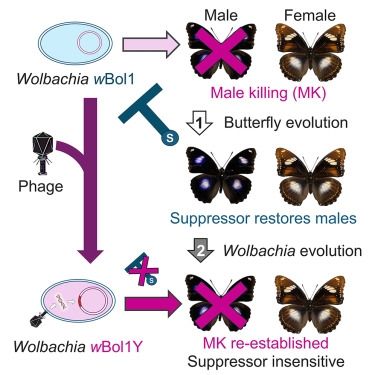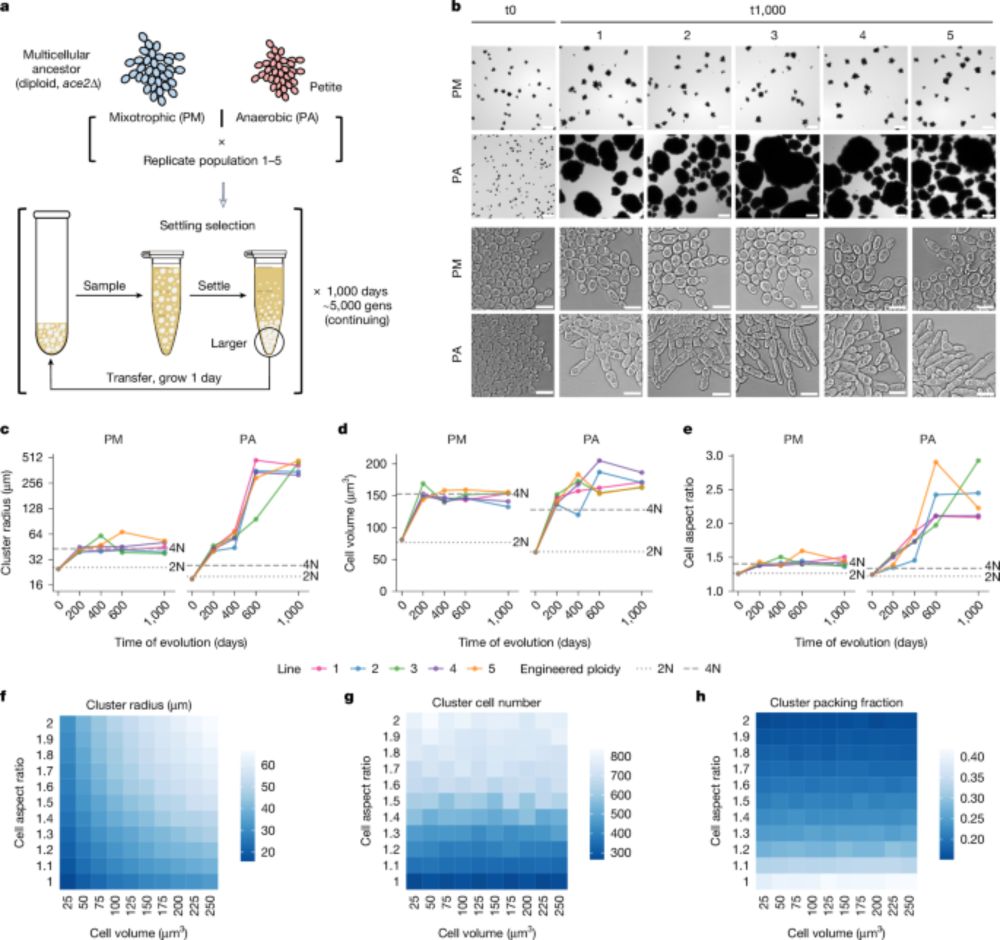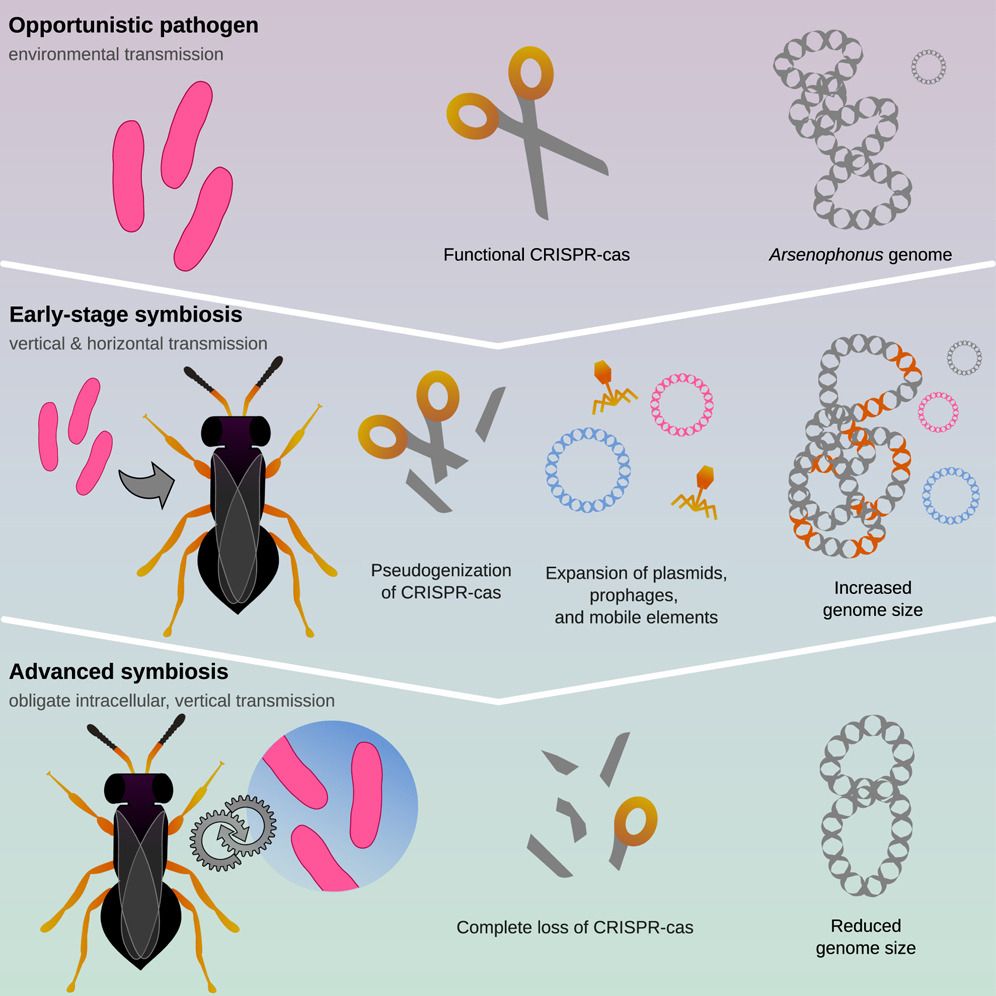
A week of great talks, posters, and group projects with amazing PhDs + faculty from all over the world. Our team’s project even got 2nd place out of 7! 🎉New ideas, friendships, and inspiration




A week of great talks, posters, and group projects with amazing PhDs + faculty from all over the world. Our team’s project even got 2nd place out of 7! 🎉New ideas, friendships, and inspiration









www.nature.com/articles/s41...

www.nature.com/articles/s41...

www.biorxiv.org/content/10.1...

www.biorxiv.org/content/10.1...

A lot: Expansion, pseudogenization and shrinkage, driven by reduction of phage pressure
New by Stefanos Siozios, Greg Hurst &co
#evolution #genomics #microbiology
www.cell.com/current-biol...

A lot: Expansion, pseudogenization and shrinkage, driven by reduction of phage pressure
New by Stefanos Siozios, Greg Hurst &co
#evolution #genomics #microbiology
www.cell.com/current-biol...

